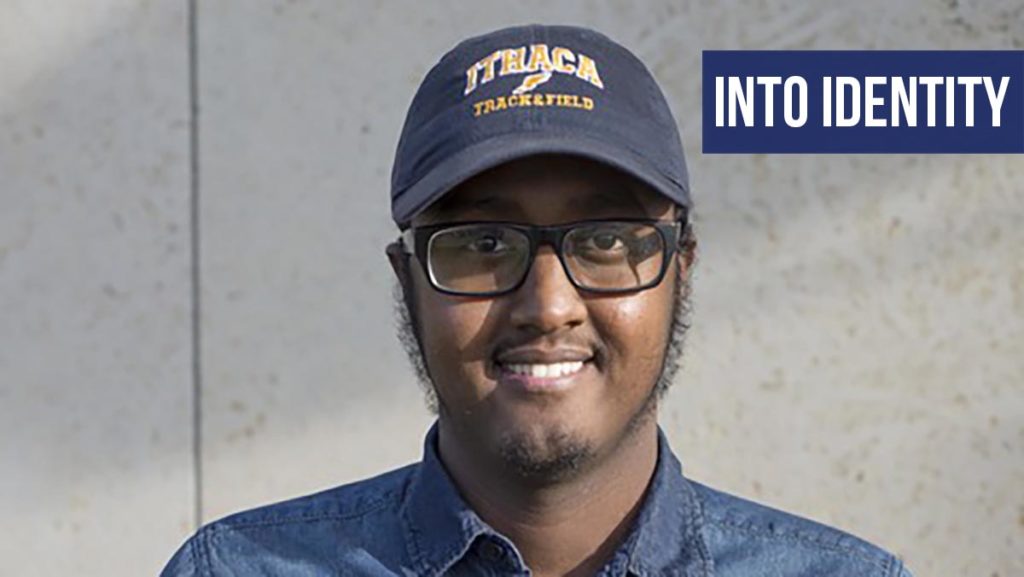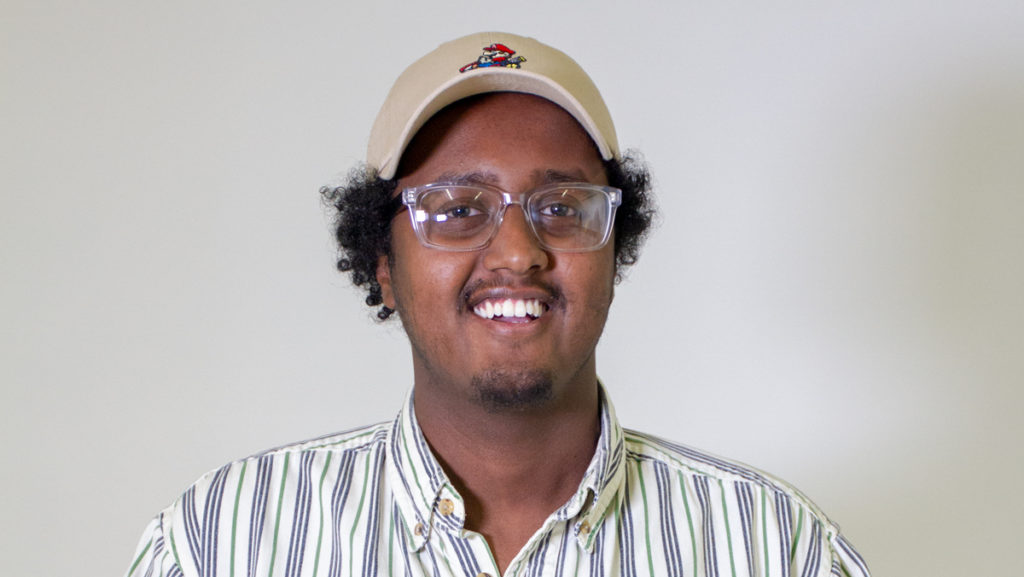My journey away from Islam began in the slums of Eastleigh, a suburb of Nairobi, Kenya. During my walk home from the mosque one morning, I heard a thunderous eruption off in the distance. Petrified, I sprinted to a relative’s compound to seek refuge. A grenade had been thrown into a local church in the midst of a Sunday school session by al-Shabaab, a Somalia-based militant group. The explosion killed a child and wounded nine others.
That evening, a local sheikh, religious leader, delivered an energetic speech sanctioning the grisly attack. He cited verses from the Quran and reporting from the Hadith — deeds and sayings attributed to the Prophet Muhammad — as divine sources of inspiration for the jihadists.
I realized I couldn’t overlook the fact that today’s Islamic extremists are driven by a political ideology, an ideology derived from Islam’s most sacrosanct texts. That event, including the sheikh’s speech, propelled me to critically examine my faith, eventually leading me to renounce Islam altogether. It was a traumatizing experience to reject a religion whose doctrines I’d been conditioned to believe as the literal truth.
My mere existence as an ex-Muslim is radical and controversial. Many Muslim-majority nations retain laws that criminalize apostasy — the renunciation of Islam by a Muslim. Even in the secular West, where the freedom to change religions is recognized, ex-Muslims continue to fear for their lives. While I have not acknowledged my identity as an atheist to loved ones, they’ve figured out my disbelief due to my lack of observance of religious rituals. As a result, my siblings no longer speak to me. My parents believe that by turning my back on Islam, I’ve turned my back on them. To them, I will always be a great disappointment.
I renounced Islam at the age of 14 and thought I was alone. Then I stumbled upon an internet forum catering to ex-Muslims. We discussed our experiences, vented to one another and sought advice on how to deal with issues often faced by ex-Muslims: family estrangement, loneliness and persecution. This virtual community served as my support group and helped me cope during rough times. A year after joining the online forum, I began attending local meetups through a nonprofit called the Ex-Muslims of North America. There, I’ve formed lasting bonds with members who understand the struggles I go through. I finally feel as if I belong.






